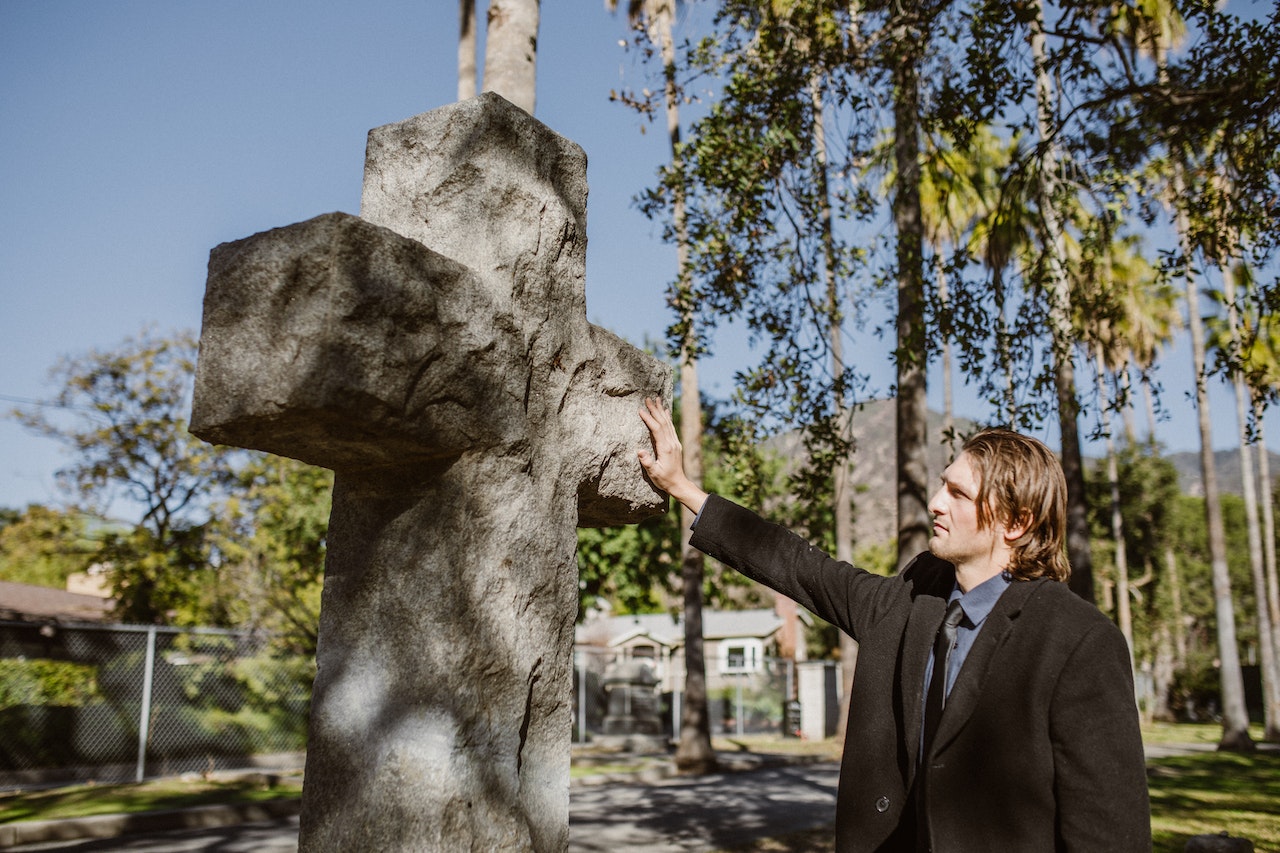

Photo by Geri Tech on Pexels.com
Photo by Thought Catalog on Pexels.com
Orkut. That’s not a name you hear every day. Especially for a social media site.
We generally think of names like Facebook, LinkedIn, or Twitter. A name that creates images in your head and gives you a sense of what to expect from the site. But what’s an Orkut?
Good question by the way.
Orkut was an invitation-only social media site that at its height, connected over 300 million people. orkut

Photo by Slaytina at Pexels.com
Notice I said, “was.” Yes, sadly, Orkut is no more and there are both positive and negative lessons to be learned.
First, let’s talk about their marketing action plan.
Did they have one? Yep.
Did it work? For a while.
Orkut certainly began with goals. It wanted to connect users and allow them to find and join communities of like-minded individuals. It also wanted to provide a “full-service social media site.” https://clalliance.org/blog/understanding-the-rise-of-social-networking-in-brazil/
It had a target audience consisting of users who were familiar with the Google name and wanted to associate with it.
Through this, technology workers became a huge part of the audience.
Because membership in Orkut was invitation-only, it gave a sense that you were well-connected in the industry.
It also had an activity plan, with upwards of 1,500,000 communities active at the same time.

Image by Gerd Altmann on Pixabay .com

Photo by Olena Boyhovyl on Pexels.com
Another question that we might ask is, why was Orkut such a success in Brazil?
Again, according to Raquel Recuero, most Brazilians had never experienced a full-service social networking service and Orkut was first on the scene.
Brazilians had some exposure to blogs, Internet Chat Relays, and Fotolog, but never all these services on one platform.
Another reason was the incredible wave of popularity that Orkut enjoyed almost immediately upon launch in Brazil.
This wave caught users up in its exuberance and a nationwide movement to make Brazil the number one user among countries began.
Many Brazilians who had never used the internet before signed up just to use Orkut.
But, the black clouds were gathering. The behemoth known as Facebook was stalking Orkut.
Two key components of any social media marketing plan should be policies and monitoring. Orkut failed on both.
Orkut left a lot to be desired in its policy of privacy and user behavior.
In an article referenced earlier, written by Raquel Recuero for the Connected Learning Alliance she describes a concerted effort by Brazillian users to “claim ownership” of Orkut.
By forming Portuguese-speaking-only groups and invading other communities, disrupting them with vulgar language and aggressiveness, they “demotivated” these other groups and gained symbolic ownership of the social network system.

Photo by Roman Odinstovon Pixabay.com
If you and I were running a social media site, I’m sure that our top-of-mind concerns would be what our audience wanted from the site. Orkut seemed to forget that.
The website Failory.com describes the final days of the social media platform, “With time Facebook proved much better as well.
It was simple and reliable, offered privacy features, and a self-updating News Feed – something Orkut didn’t have.

Photo by Gerd Altman on Pixabay.com
To put a nail in the Orkut coffin, personal visits by Mark Zuckerburg to both India and Brazil, touting the advantages and benefits of Facebook sealed the platform’s fate.
Google chose to discontinue it and service ceased in June 2014.
So, what did we learn?
- It’s good to have goals and understand your target audience.
- It’s good to provide an activity plan for that audience.
- It’s bad to forget about what your audience wants.
- It’s bad to not keep up with always evolving industry standards.
And perhaps baddest of all…
- It’s bad to have Facebook hunger for your demise.
Hey Eric,
Wow what a great blog and read this week! It had a nice conversational and informative flow. You provided enough details of the case study to build the story while incorporating your suggestions. Great visuals as well and your use of the course materials and concepts to illuminate the brand’s failures. I agree with your observation of where the brand could have made improvements. I also feel as thought their action plan for the future was lacking and that might be part of the success of Facebook. Technology and experience has taught media users how to pivot and adjust to adversities on and off the internet, it is wise for businesses to consider contingencies within their action plan.